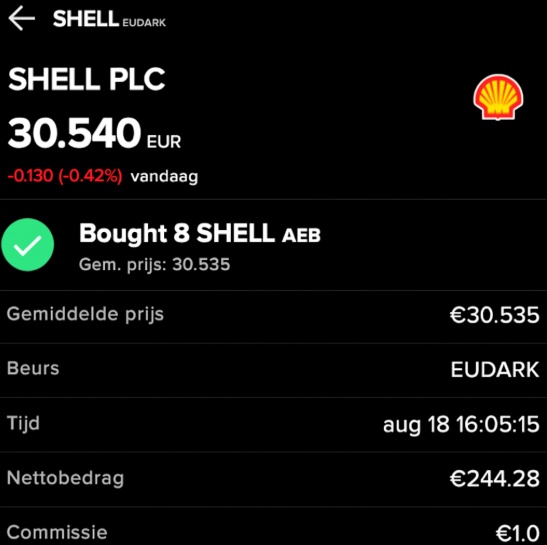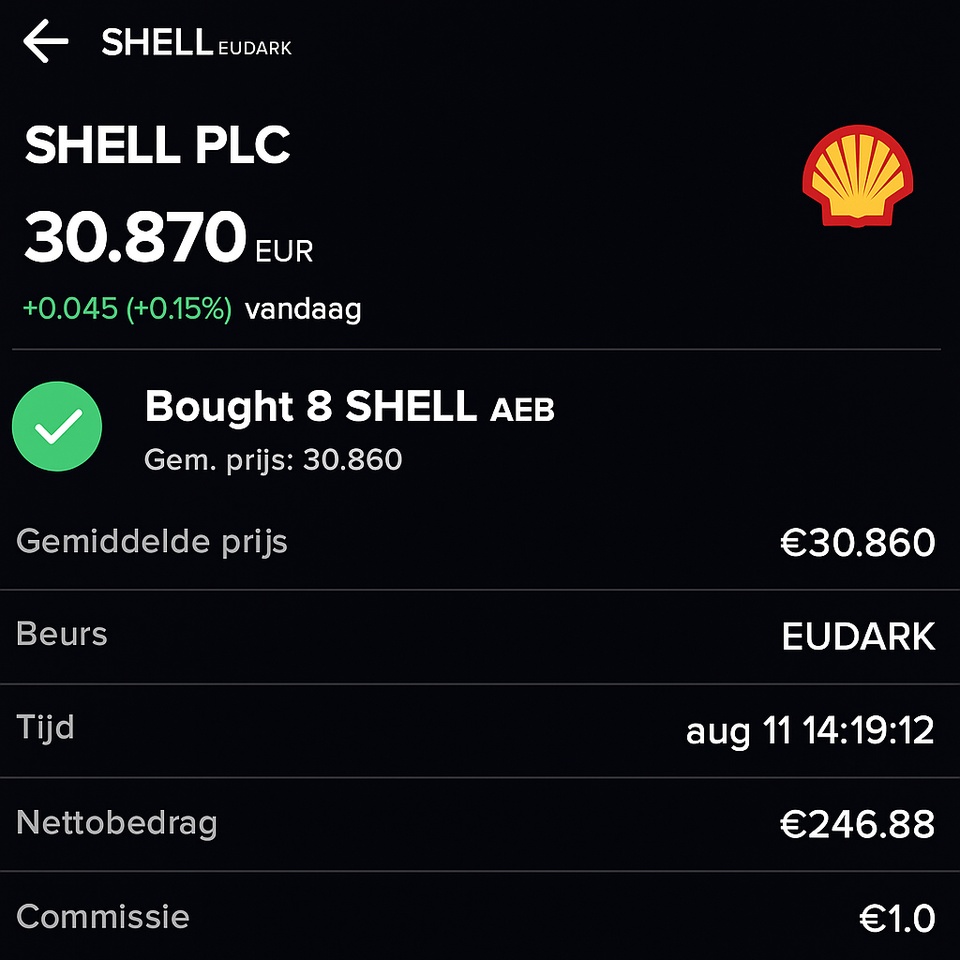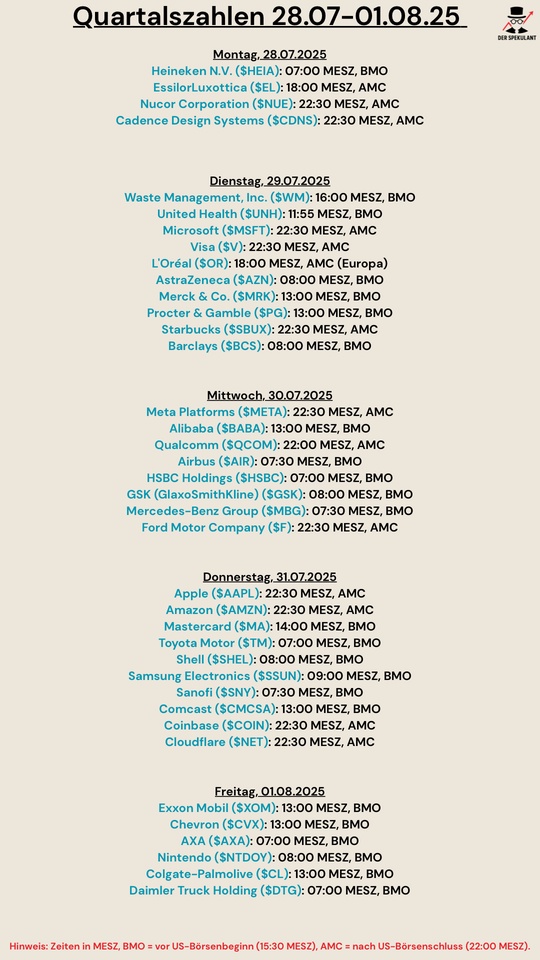$XOM (-0,4 %)
🔹 Adj. EPS: $1.64 (Est. $1.56) 🟢
🔹 Revenue: $81.51B (Est. $80.39B) 🟢
Production & Operational Metrics
🔹 Total Production: 4.63M BOE/d (Est. 4.51M) 🟢; Highest Q2 since Exxon-Mobil merger
🔹 Permian: Record 1.6M BOE/d
🔹 Refinery Throughput: 3.94M b/d (Est. 3.88M) 🟢
🔹 Energy Product Sales: 5.59M b/d
🔹 Chemical Sales: 5.26M tonnes
🔹 Specialty Product Sales: 2.00M tonnes
Segment Highlights
Upstream
🔹 Earnings: $5.4B; DOWN QoQ
🔹 Record Q2 production; growth from Permian & Guyana
🔹 Lower realizations offset by higher volumes and cost savings
Energy Products
🔹 Earnings: $1.37B; UP +65% QoQ
🔹 Refining margins improved on seasonal demand
🔹 Strathcona Renewable Diesel (20K bpd) & Fawley Hydrofiner ramping
Chemical Products
🔹 Earnings: $293M; Flat QoQ
🔹 Volumes up from China Complex ramp-up; margins soft
Specialty Products
🔹 Earnings: $780M; UP +19% QoQ
🔹 Record high-value product volumes
🔹 Singapore Resid Upgrade project in start-up phase
Other Key Q2 Metrics:
🔹 Net Income: $7.08B; DOWN -36% YoY
🔹 Cash Flow from Ops: $11.5B
🔹 Free Cash Flow: $5.4B
🔹 Capex: $6.3B
🔹 On pace for $20B buybacks in 2025
🔹 Q3 Dividend Declared: $0.99/share (Payable Sep 10, 2025)
🔹 Net Debt Ratio: 8%; Debt-to-Capital: 13%
Strategic & Efficiency Updates
🔸 Started 6 of 10 major projects YTD
🔸 $13.5B structural cost savings since 2019 (leading among IOCs)
🔸 FY25 Capex forecast: $27B–$29B (unchanged)
🔸 Repurchased ~40% of shares issued for Pioneer acquisition
🔸 “We’re delivering industry-leading results and building long-term earnings power. Our cost structure, scale, and advantaged portfolio continue to differentiate us.” – CEO Darren Woods














